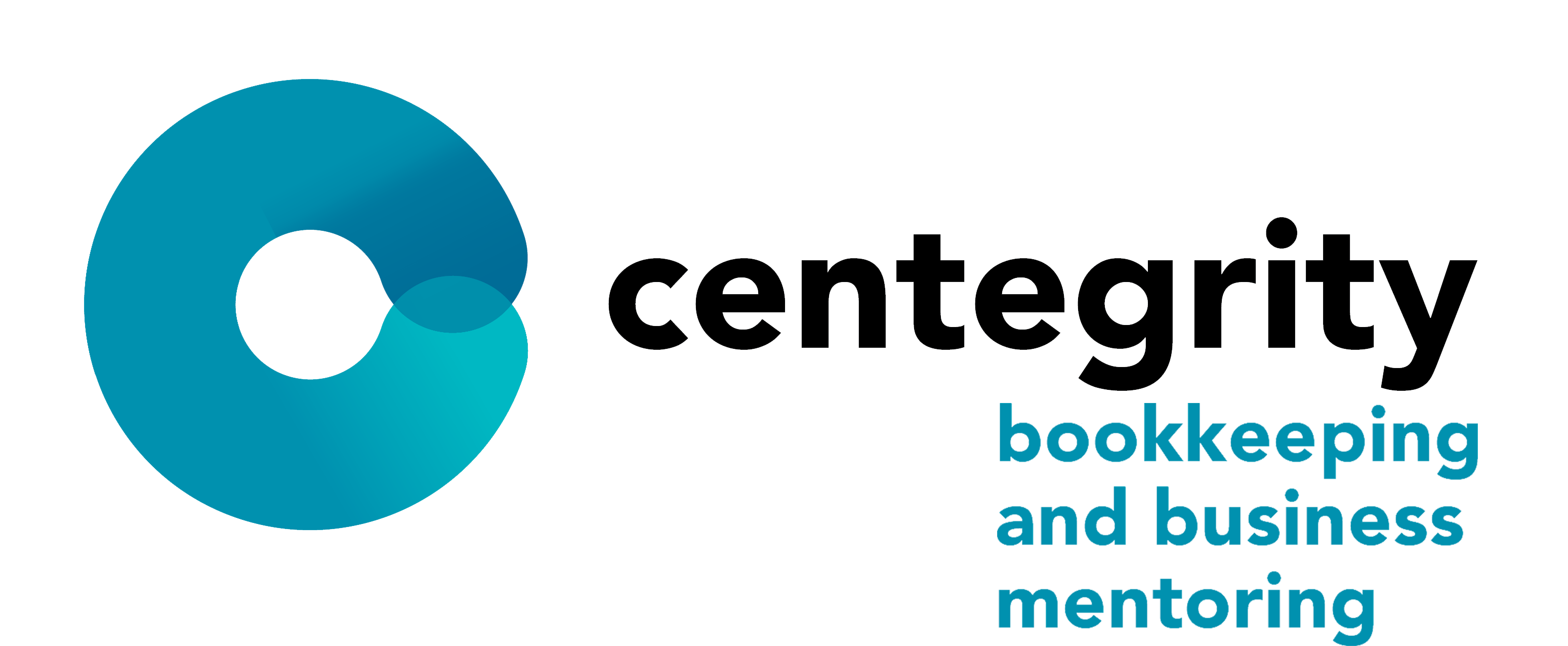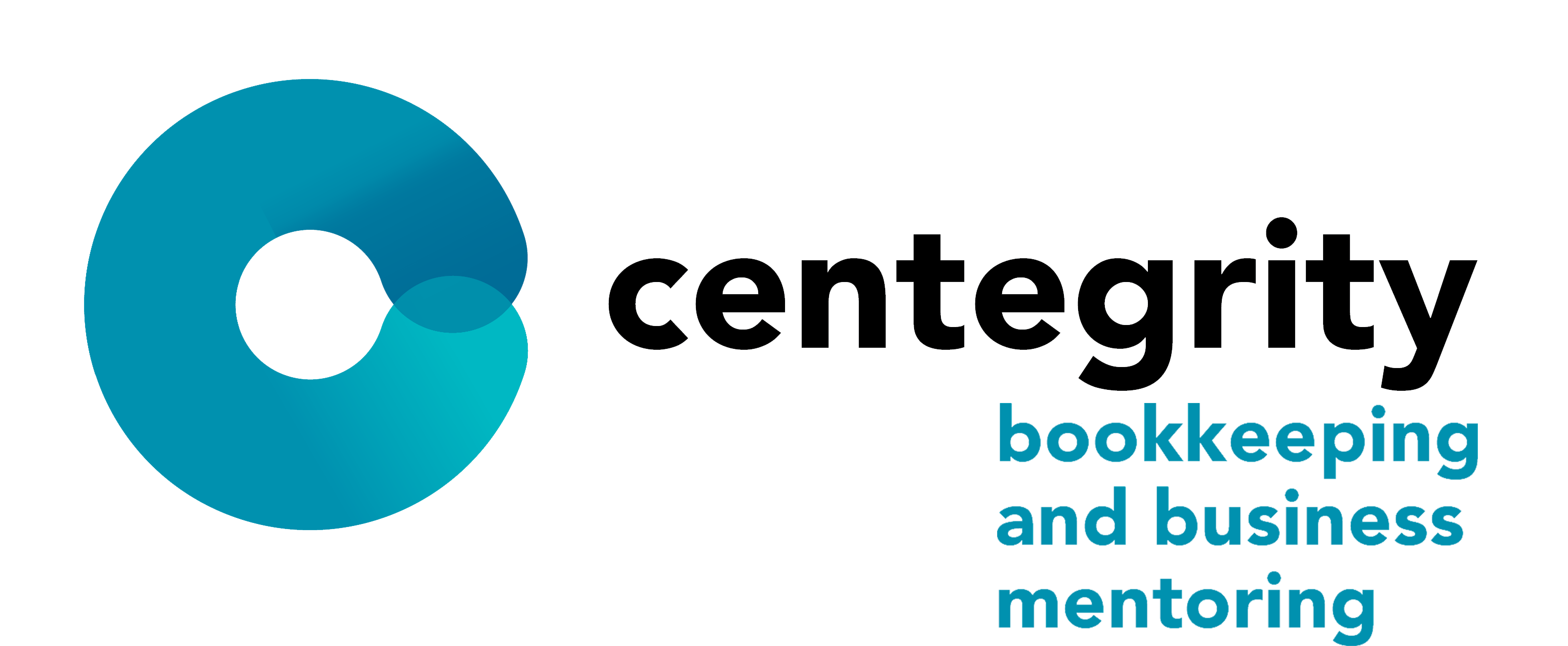Emotional Intelligence/Quotient (EQ) is the ability for individuals to recognise their own emotions and those of others and use this information to successfully influence communication and behaviour.
This differs from the more conventional intelligence quotient “IQ”, coined in 1912 by the psychologist William Stern, which is a total score generated from a set of standardised tests designed to measure human intelligence.
In 1995 Daniel Goleman popularised the term EQ. He redefined and made digestible the relationship between intelligence and success in his best seller, Emotional Intelligence: Why it can matter more than IQ.
Goleman and the plethora of other researchers in the positive psychology movement have long claimed that too much weight and influence has been given to IQ. They have espoused that our view of intelligence has been far too narrow, and that our emotional world plays a far greater role and impact on our thinking, decision making, and personal success than is commonly acknowledged.
David Rock, in his book Your Brain at Work, highlights this relationship between IQ and EQ and offers strategies for overcoming distraction, regaining focus, and transforming performance. Emotional intelligence can be developed and strengthened in all of us.
Self-Regard
Emotional Intelligence/Quotient involves categories such as self-perception, self-expression, interpersonal functioning, decision-making and stress management. These categories can be further broken down to include items such as empathy, social responsibility, impulse control and optimism. It is a combination of these characteristics that mark those who excel in their relationships and in the work arena.
So, let’s understand and explore in some more detail one of the sub scales of building EQ. According to the EQ-I 2.0 Model of Emotional Intelligence, self-regard, is a key component to our well-being and ultimate happiness. It involves respecting oneself while understanding and accepting one’s strengths and one’s limitations and remaining satisfied and secure as a person. It is often associated with feelings of self-confidence and inner-strength.
At different moments we all may experience a sense of lower self-confidence, however approaching most challenges with a self-assuredness and a positive attitude is essential. Those with a high self-regard have a solid awareness of their talents and shortcomings and still maintain a healthy identity and respect for themselves. There is a cultivated willingness to openly admit mistakes or inexperience with a situation.
Self-Regard and the Impact at Work
The emotional reach of self-regard extends further than most of us realise. The more developed a person’s self regard;
- the more motivated they are to achieve their fullest potential
- they have a greater positive outlook on their capabilities and
- they are more confident in expressing themselves than those people with a lower self-regard
This is valuable to know when managing team members’ motivations and behaviours.
Other Social and Behavioural Implications
Our self-respect and knowledge of strengths and weaknesses is often seen by others as confidence in one’s approach to work. Our feelings of inner strength and self confidence are apparent in the way we conduct ourselves and interact with others. We are more likely to maintain eye contact, be aware of and use appropriate body language that is engaging and use a tone of voice that is assertive but not threatening. All of us need a positive environment where we can continue to showcase our strengths and where appropriate develop our weaknesses.
Strategies to increase Self-Regard
Getting others’ feedback on your strengths and weaknesses shows a maturity and willingness to learn. If you are in a management or leadership position, this sense of vulnerability can be very inspiring to colleagues and promote a culture of feedback. It can also uncover unexplored talents that can be developed.
Practically speaking, choose a colleague/manager at work who knows you well enough to comment on your strengths and weaknesses.
- Ask them to list your strengths and weaknesses with specific examples
- Without sighting their list, jot down your own list and then compare lists
- Look for similarities and differences between the observations
- Identify opportunities to repeat the positive examples provided
There may be an opening for you to mentor or train others in particular skill sets. Differences highlighted can be discussed and if appropriate further developed.
Healthy Self-Doubt
To strengthen self-regard it is key to recognise the difference between healthy and unhealthy self-doubt.
- Healthy self-doubt is generated from identifying and accepting an area of weakness. For example, you know you are anxious running meetings and this needs improving. Instead of being stopped by the fear, you could learn how to run effective meetings or speak with someone who is a role model in this area.
- Unhealthy self-doubt is based on negative self talk. There is no evidence that we will under achieve but we believe we will fail. Unhealthy self-doubt inhibits developing a stronger self-regard. Be mindful of what triggers your negative self talk (e.g stress, certain tasks/people/places) and prove it wrong through your actions and achievements.
Whether you are a Sole Trader or have a team, why don’t you try a few of these strategies over the next month and see what you find.
Centegrity has over 14 years of experience assisting businesses with bookkeeping and business mentoring and is here to help with planning and strategy to make sure your business survives and rises again.
If you are curious to find out more regarding EQ reporting and development, don’t hesitate to contact us or fill in the form below.

